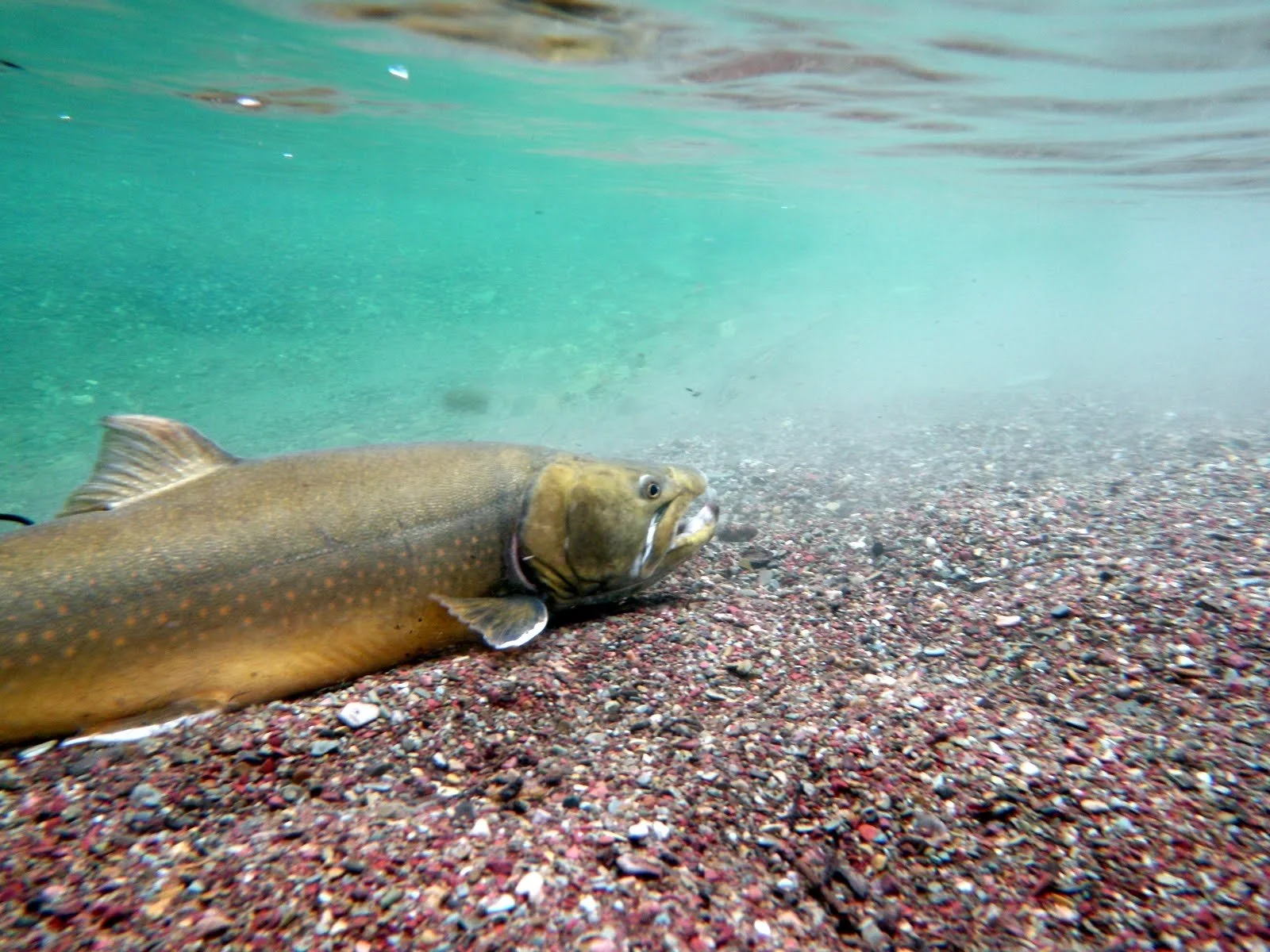Lewiston Trib: Abandoning Upper Lochsa Is Not an Option
Reprinted with permission from the Lewiston Tribune.If you are Gary Macfarlane or Brett Haverstick of Moscow's Friends of the Clearwater, you know what to expect in Grangeville.And it isn't a pat on the back and an "atta boy!"The last thing any God-fearing, gun-toting, Republican-voting Idaho County resident wants to see is another gray wolf.Wolves are just fine with Friends of the Clearwater.It's logging this group doesn't like-which is how a lot of people in Idaho County earn their incomes-or used to before environmental restrictions stopped them.So what happened last week when MacFarlane and Haverstick went to this timber town where Sen. Jim Risch had convened a public hearing and spoke against the Lochsa land swap?The hometown audience cheered them."When has there ever been a consensus on national forest issues in Idaho amongst people of such different views?" Macfarlane told the Tribune's Eric Barker. "There hasn't, except for this issue, and it's widespread."If Risch did not know it before, he does now. It's not for nothing that he may be the first Idaho senator to need extra security before facing an Idaho County gathering since the days of Sen. Frank Church and the Gospel Hump wilderness issue nearly 40 years ago.Any legislation that hands Western Pacific Timber Co. 20,000 acres of national forest lands in Idaho County - or elsewhere in northern Idaho-in exchange for about 39,000 acres WPT owns at the headwaters of the Lochsa River is going to make the Idaho Republican persona non grata.But how can he or any responsible Idaho leader walk away?WPT's logged-over lands are held in a checkerboard pattern. Each spring, runoff washes sediment from those lands-and logging roads-into the Lochsa, threatening the habitat of endangered bull trout and steelhead.The fractured land ownership pattern leaves the U.S. Forest Service impotent to check it.It can only get worse.More than a year ago, WPT spokesman Andy Hawes noted the status quo is a money-loser. Eventually, the company will subdivide its holdings for residential development." ... Given our economic situation, we may need to proceed with additional steps when it is clear nothing will begin to happen in the legislative process, ..." Hawes said.But there is a third way.This is the very reason Congress established the Land and Water Conservation Fund 50 years ago. From the extraction of natural resources-in this case, offshore oil and gas royalties-comes the money for conservation.What better use of this fund than to buy up the WPT holdings in the Lochsa-and avoid the need to trade out national forest lands?Perhaps the purchase could be staggered over time. Or at least the government could purchase a sizeable amount of WPT's acreage to reduce the scope of any land swap.Idaho County commissioners will squawk-with justification-about losing a portion of the tax base. But how would they feel about spending more money to deliver services to new development along U.S. Highway 12 near Powell?By one recent estimate, the LWCF account holds close to $20 billion. Over the years, the fund's share of oil and gas royalties was supposed to reach about $900 million a year-although Congress shaved that to about $300 million.But Utah Republican Congressman Rob Bishop has other ideas. And as chairman of the House Natural Resources Committee, he has blocked reauthorization of the program.Risch-and his fellow Republican Sen. Mike Crapo-recently joined a bipartisan call to keep the fund operational. In about a week, they can act on it. That's when Congress must pass a spending bill to keep the government open. What a perfect opportunity to outmaneuver Bishop. Just insist that reviving this conservation program be part of a must-pass bill.Last week's hearing gave Risch every rationale he needs to run away from the Upper Lochsa. But the man Idaho voters sent to Washington, D.C., is no political lightweight.Risch could champion the conservation fund and then employ it for a buyout.He has a choice to make.-Marty Trillhaase, Lewiston Tribune

